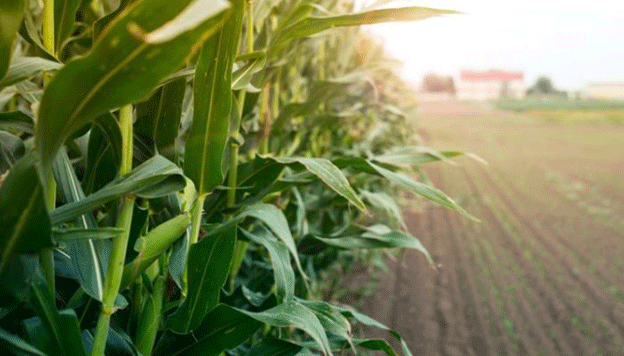A Decade of Growth in Corn Farming
Over the past 20 years, Brazil’s corn-planted area has expanded from 12.8 million hectares to 22.3 million hectares, reflecting a remarkable 74.6% increase, as reported by the National Supply Company (Conab). This surge is attributed to the adoption of genetically improved corn varieties and innovative farming technologies that have boosted productivity and attracted farmers with the promise of higher financial returns.
Corn’s role in Brazil’s biofuel sector is a key driver of this growth. Currently, corn contributes 16% of the nation’s ethanol production, according to the 2024 National Energy Balance. Industry specialists, like Robson Vasconcellos from TMG, highlight that corn-based ethanol has helped stabilize grain prices, creating an appealing economic environment for producers.
Advancements in Genetics and Technology
Brazilian agricultural research has focused heavily on developing hybrid corn varieties. These hybrids offer increased resilience to pests, diseases, and the challenging conditions of Brazil’s diverse regions, including the arid Cerrado. José Flávio, Research Manager at TMG, emphasizes that these innovations are critical for ensuring productivity in soils and climates that differ significantly from the fertile farmlands of North America.
New hybrids are engineered to withstand both biotic stresses, such as pests, and abiotic stresses, including extreme temperatures and poor soil conditions. Combined with enhanced crop management tools, these advances are gradually closing the productivity gap between Brazil and leading producers like the United States.
Challenges in Pests and Climate
Despite the progress, Brazil’s corn industry faces persistent challenges. The tropical climate facilitates year-round pest activity, with leafhoppers posing a significant threat. Infestation levels rose by nearly 200% during the last harvest, as noted by the National Union of the Plant Protection Products Industry.
Effective pest control practices, such as increased fungicide application, are necessary to maintain yields. However, genetic improvements continue to be the most sustainable solution. TMG’s research teams are dedicated to creating cultivars that are both high-yielding and more resistant to pests and diseases, ensuring profitability for farmers while addressing environmental concerns.
Opportunities for Further Growth
Brazil’s corn productivity still lags behind that of the U.S., primarily due to differences in soil fertility and the longer history of breeding programs in North America. However, Brazil’s investments in precision agriculture, crop protection, and machinery are closing this gap. With continued research and innovation, Brazil is poised to solidify its position as a leading global corn producer.
The rapid expansion of Brazil’s corn industry demonstrates the transformative power of genetic innovation and technological advancement. By addressing challenges like pest infestations and climate variability, Brazil is well-positioned to meet rising global demand for corn while maintaining competitiveness in the biofuel and food industries. Continued investment in research and development will be essential for achieving sustainable growth and unlocking the nation’s full agricultural potential.
Error





